Secondary School
Secondary School
Collège
The collège is a key stage in the French education system, following primary school and preceding high school. It covers ages 11 to 15 and includes four levels: Sixième (6th grade), Cinquième (7th grade), Quatrième (8th grade), and Troisième (9th grade). During these years, students expand their knowledge across various subjects such as mathematics, sciences, history, arts, and foreign languages, while developing essential skills for autonomy and independent learning.
Secondary education is structured in three-year cycles. Sixième marks the consolidation cycle, focusing on adapting to the new school environment and continuing previous learning. The following years (Cinquième, Quatrième, Troisième) represent the deepening cycle, where students enhance their skills across multiple subjects and receive personalized support, practical classes, and interdisciplinary activities. This structure effectively prepares students for their academic and professional futures.
Subjects taught in secondary school include:
French, Mathematics, History and Geography, Moral and Civic Education, Foreign Languages (English and German or Portuguese), Life and Earth Sciences, Physics and Chemistry, Technology, Physical Education and Sports, Visual Arts, and Music Education.
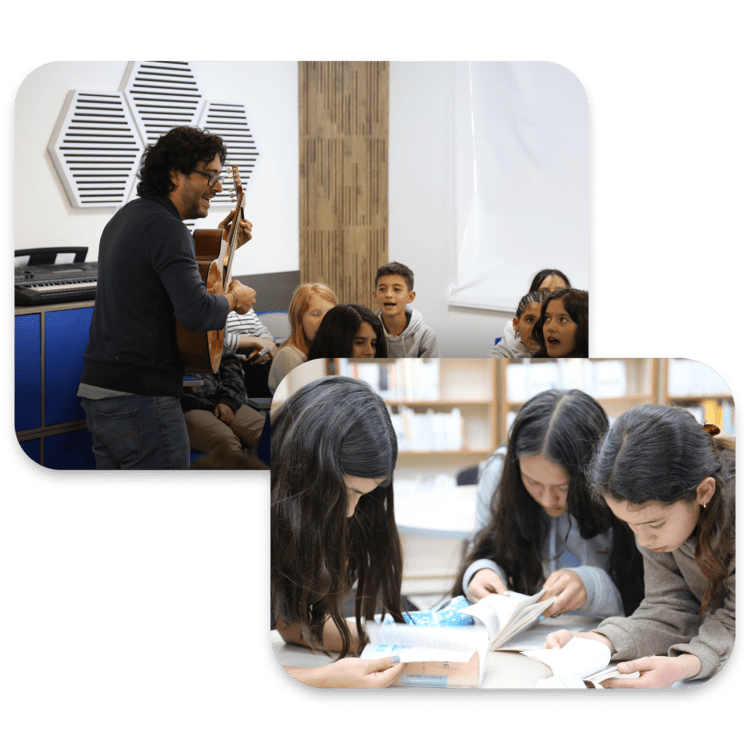
From 11 to 15 years old.
Four years of common core education and the development of the career guidance pathway.
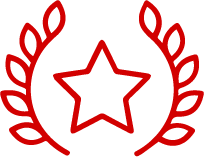
Diplôme National du Brevet
The Brevet des Collèges (or Diplôme National du Brevet, DNB) is a national examination that students take at the end of 9th grade (Troisième), marking the completion of lower secondary school in France. This exam assesses the knowledge and skills acquired during middle school in several key subjects: French, mathematics, science, history-geography, civic education, and foreign languages.
The Brevet is more than just an academic test. It also includes an oral exam based on a personal or group project developed by students throughout the school year. While it is not a prerequisite for entering high school (Seconde), the diploma is an important milestone that certifies students’ academic achievements and confirms their mastery of essential skills needed for further education.
The final grade of the Diplôme National du Brevet (DNB) is based on a combination of written exams, an oral presentation, and continuous assessment, distributed as follows:
Written Exams: Account for 80% of the final grade, divided as follows:
French: 25%
Mathematics: 25%
Science: 25%
History-Geography and Civic Education: 25%
Oral Exam: Represents 20% of the final grade.
Students present a project to a panel, which evaluates both the content and their oral communication skills.
Continuous Assessment:
Continuous evaluation is integrated into the subject grades and is reflected in the written exams, taking into account students’ performance throughout the academic year.
The school supports students from registration for the exam through to the awarding of the diploma.
Starting in November, the school registers all 9th grade students for the Brevet exam and supports them through every stage, right up to receiving their official diploma.
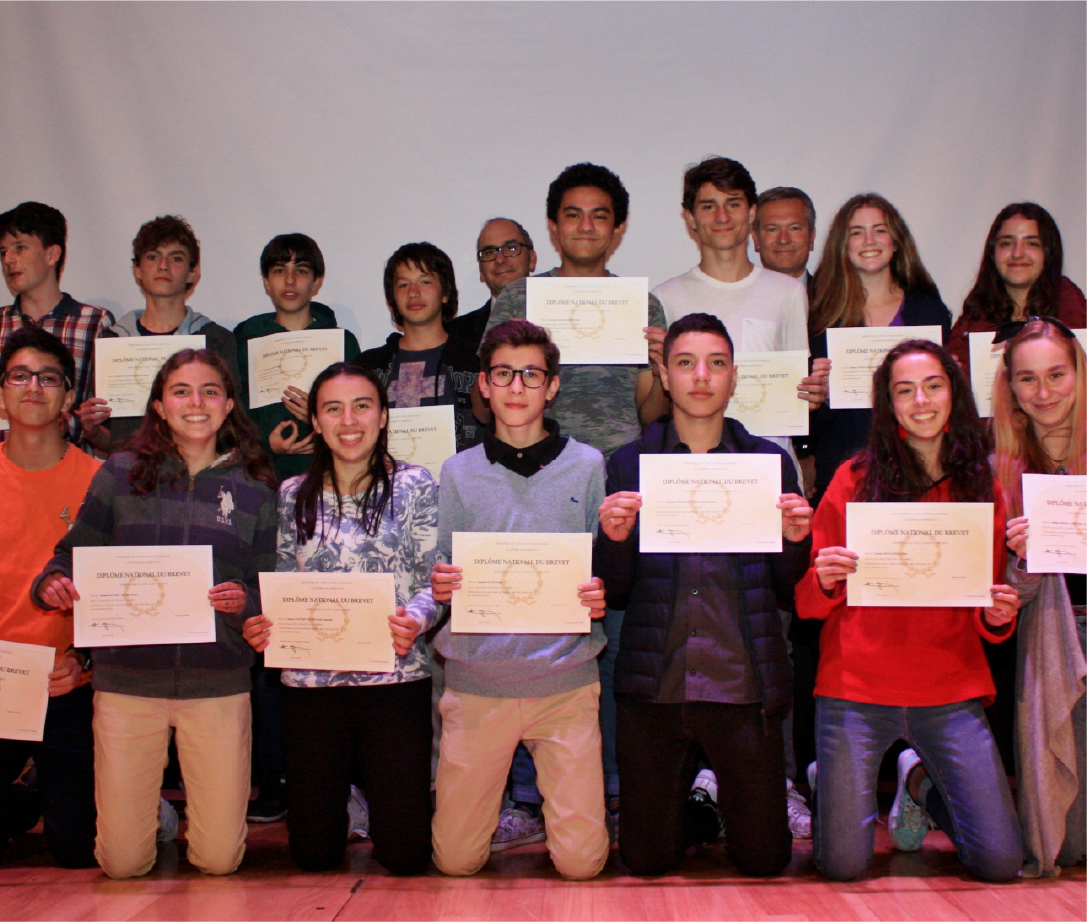
Secondary School
Lycée
After completing lower secondary school (collège), students continue their education in high school (lycée), which spans three years: Seconde (10th grade), Première (11th grade), and Terminale (12th grade).
The Seconde year is common to all students. At the beginning of the school year, students take an assessment to evaluate their proficiency in French and mathematics.
The Première and Terminale years prepare students for the Baccalauréat, the national diploma required for access to higher education.
The lycée is designed to offer students personalized learning paths based on their interests and future aspirations, with three main components:
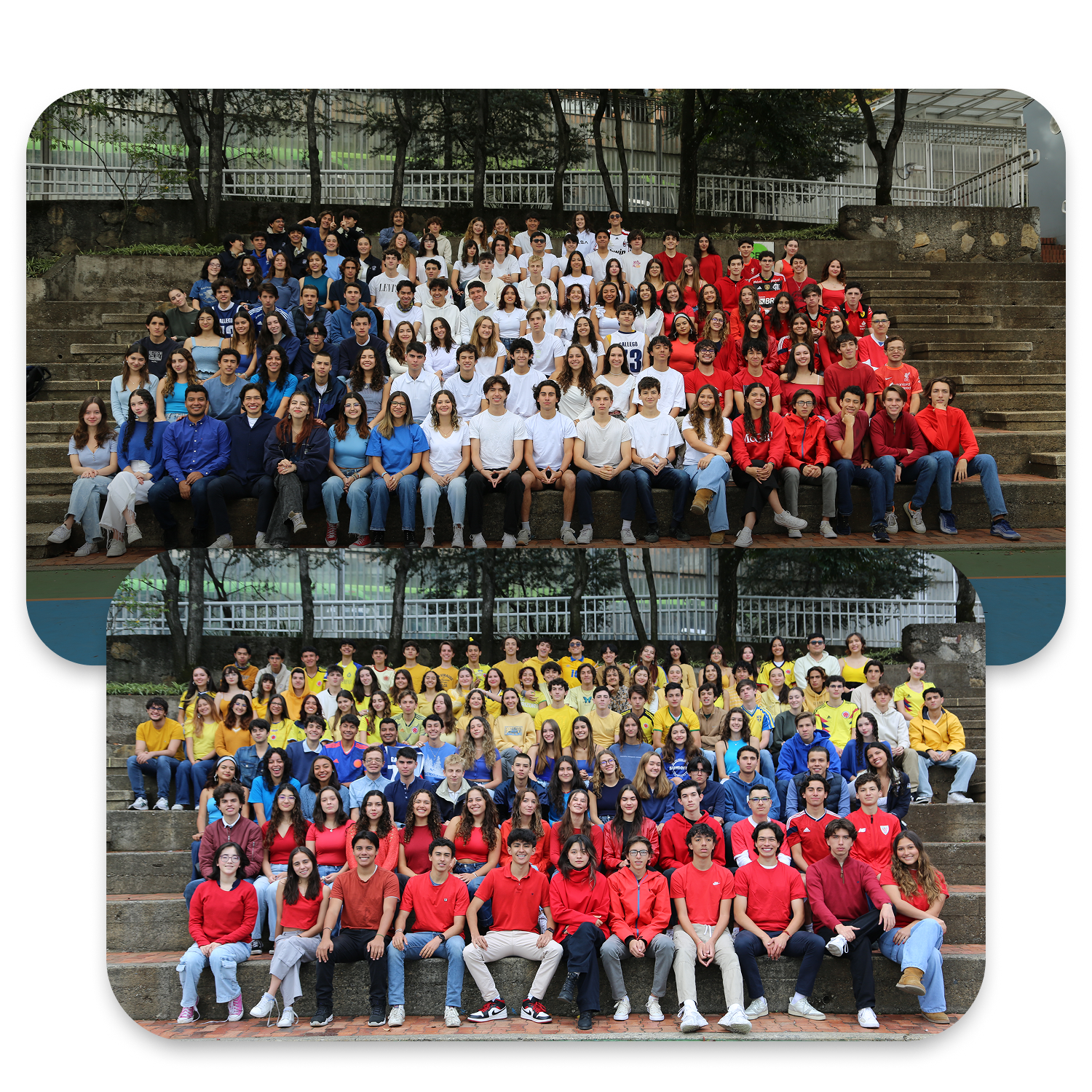
A broad, shared foundation of humanist and scientific knowledge, addressing major global challenges.
Specialized subjects chosen by students (three in Première, then two in Terminale), with increased instruction time for in-depth learning and ambitious academic goals.
Continuous guidance and career counseling throughout high school to support students in making informed choices and preparing for university studies.
Ages 16 to 18.
Three years to prepare for the Baccalauréat and shape their university future.
PIX
PIX is the official French online platform for evaluating and certifying digital competencies. It assesses 16 digital skills across five key areas of digital activity:
- Information and data
- Communication and collaboration
- Content creation
- Safety and security
- Digital environment
These skills are aligned with the Digital Competency Framework (CRCN), which outlines the essential digital abilities students are expected to master throughout their education.
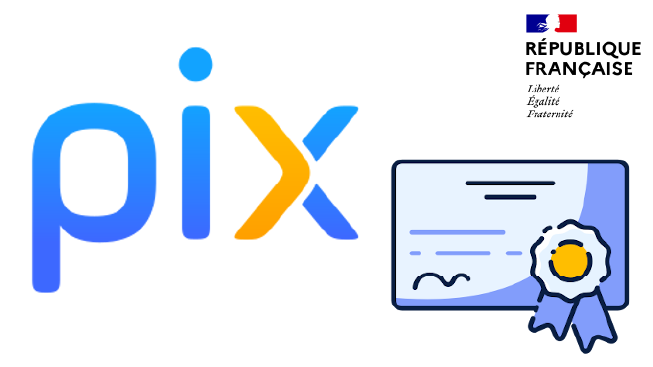
Colombian Bachillerato
The French Baccalaureate diploma and the BFI are officially recognized by the Colombian government under a bilateral agreement between France and Colombia. However, to validate these French studies, certain elements specific to the Colombian high school diploma must be added.

Mandatory Social Service
“…the mandatory student social service is an essential part of the educational process, aimed at developing various values in students and is a required condition to obtain the high school diploma…”
Students are required to complete 80 hours of social service during their sophomore year (Seconde). At Lycée Français Louis Pasteur, two staff members from the secondary school life service support students throughout the project search and the mandatory procedures needed to validate their hours.
Materias obligatorias

Social Studies
This subject, taught in Spanish, provides fundamental knowledge and concepts for practicing citizenship. It covers the mechanisms, institutions, and dynamics of democratic participation, along with philosophy and history education.

Spanish
Lycée Français Louis Pasteur ensures that its students reach a level of Spanish proficiency sufficient to pass the Saber 11 exam administered by ICFES when they enter their final year (Terminale).
ICFES
The Saber 11 exam, administered by the Colombian Institute for the Promotion of Higher Education (ICFES), is a graduation test required to access Colombian university studies.
This exam assesses students’ skills in five subjects: critical reading, mathematics, social and civic sciences, natural sciences, and English. Each question has multiple-choice answers.
The exam aims to measure basic academic skills necessary for university success, including critical reading, quantitative reasoning, civic skills, scientific reasoning, and proficiency in a second language.
Lycée Français Louis Pasteur, with support from professors at Universidad Javeriana, prepares and registers all Terminale students for this exam.
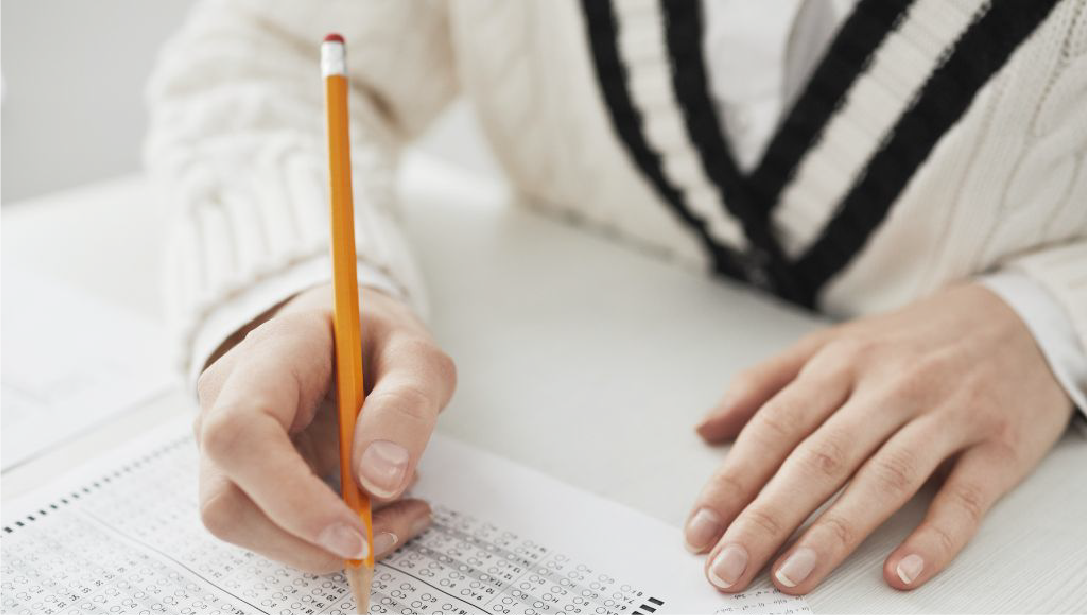
Orientación

The PRIO Team
Lycée Français Louis Pasteur Bogotá places strong emphasis on guiding its students in developing their academic projects and career paths. To this end, the PRIO team, composed of specialized teachers, works to support students in planning their professional futures.
Throughout the year, various activities and events are organized to promote career guidance among secondary students. Key initiatives by the PRIO team include:
A university fair where Première and Terminale students, along with their parents, have the opportunity to explore universities from Colombia, France, and other countries, either virtually or in person.
A job forum where Troisième students interact with professionals from diverse fields who share their work and academic experiences and answer students’ questions.
These initiatives aim to equip students with the necessary tools to make informed decisions about their academic and professional futures.
Career Guidance Built from Middle School Onwards
Starting in Sixième (6th grade) and continuing throughout their education, students receive career guidance and support from the PRIO team. This process is reinforced by ongoing dialogue between students, parents, teachers, educational advisors, and the school leadership.
Career Discovery in Troisième (9th Grade)
The goal of career discovery is to help students develop the knowledge and skills they need to gradually build their academic and professional pathway.
Academic and Career Guidance in Seconde (10th Grade)
In Seconde, students begin making key orientation choices for their future, such as selecting their specialty subjects. Throughout the year, they receive guidance from the entire educational community, especially from their homeroom teacher.
Internships for Seconde Students
All Seconde (10th grade) students complete a two-week observation internship in a company, public institution, or non-profit organization. These internships give students the opportunity to explore various careers, gain insights into the professional world, and make more informed academic choices aligned with their interests.

